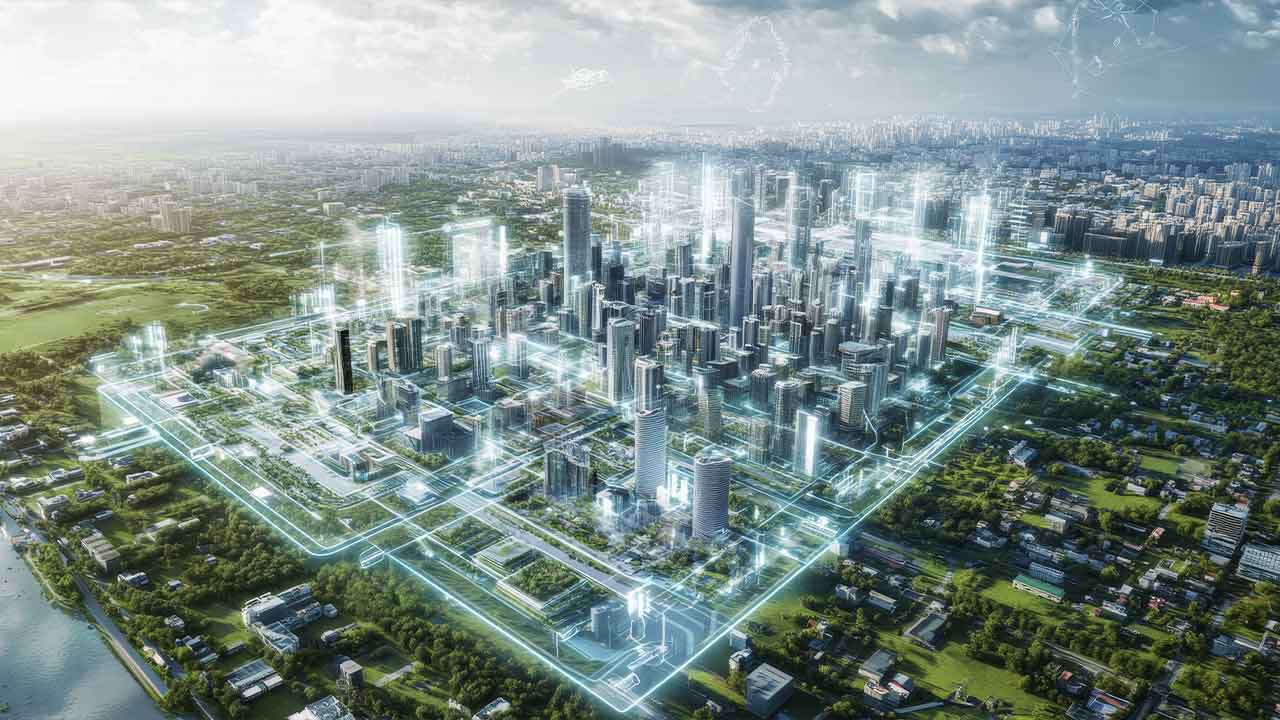Our Relationship with Cities is Changing, Urban Development and Planning Must Change With It
Since the beginning of human settlement, our cities have served as epicenters of cultural and economic growth. The structure and purpose of cities, and our relationship to them, have always been in flux. With these shifts, approaches to urban development and planning have had to shift as well in order to best meet the needs of people living and working within the cities.
The pandemic changed much, including the structure of urban living. Far more people are choosing to stay at home, kicking off a surge of remote working. There is a need for urban developers and planners to reevaluate what cities look like and how they will operate going forward to accommodate the modern worker, family, and business.
Advancing humanity: the new design of the future city
Today’s urban design decisions are increasingly influenced by technological advancements. This helps us make better decisions in our goal to better cater to the way people work. The richness of experience in our cities depends on a variety of factors, including the quality of infrastructure, cost of living (increasingly out of reach), business innovation creating sustainable/flexible jobs, access to green space, personal transit, equal opportunity and equity, and resilience.
Resiliency must be central to all major Urban decisions in both the public and private sectors. Short-termism has surged in the private sector. Developers must create strategies that focus on the long-term over short-term gains. Generational critical thinking is the single most important behavior we can adopt to ensure we lower our impact to create viable, vibrant, resilient communities.
In a study by Deloitte, the concept of Carlos Moreno’s “15-minute city” was further explored. People want their urban centers to be walkable and bikeable — to have major amenities accessible within 15 minutes. With the aid of electrification and new tech, our personal transit capability can now take us behind the 3.5km of the 15-minute biking radius. With less reliance on cars, more bike-friendly access, and data-driven planning, infrastructure is ripe for further disruption and advancement.
Why data-driven city planning matters
Data’s role in city planning is significant. While the collection and dissemination of data may seem rather heartless, big data can help urban planners structure cities so they are highly adaptable.
Once the domain of urban designers and architects, city design is now the domain of the technologist and the behavioral scientist. Evidence-based critical thinking is now accelerated by AI-driven platforms and machine learning. We now have the technology to enable, quicker, more agile planning. The real question is: can we generate cultures that unlock this technology in the laborious, politized snail speed of development?
The ultimate goal of data is to bring much-needed clarity and vision to existing and future city planning initiatives. Data can help prioritize human-first needs and preferences based on current and future behaviors. With the right data-driven tools and analysis, insights can inform planners and designers about what people really want, rather than what the media or politicians think they want.
By championing inclusive, long-term thinking, we can unlock real potential. While speed isn’t always the goal, the rate at which culture has changed has completely outpaced development. Buildings and places can be rendered reductive before they have even had a chance to exist.
This is where the future of city planning really lies. At the intersection of creativity, community, and data lies answers to big city-scale opportunities This is where technology and machine learning can get in front — but only if we change with it.
We need to change the way we approach everything. Humanity depends on it.
About the author

This article was written by Steven Cornwell. Steven is the Global Director at ERA-co, currently living in NYC. Over the course of 20 years, Steven has garnered an international reputation for developing leading brands from a broad range of sectors including real estate, place, culture, consumer retail, media, transit & infrastructure and professional services.



